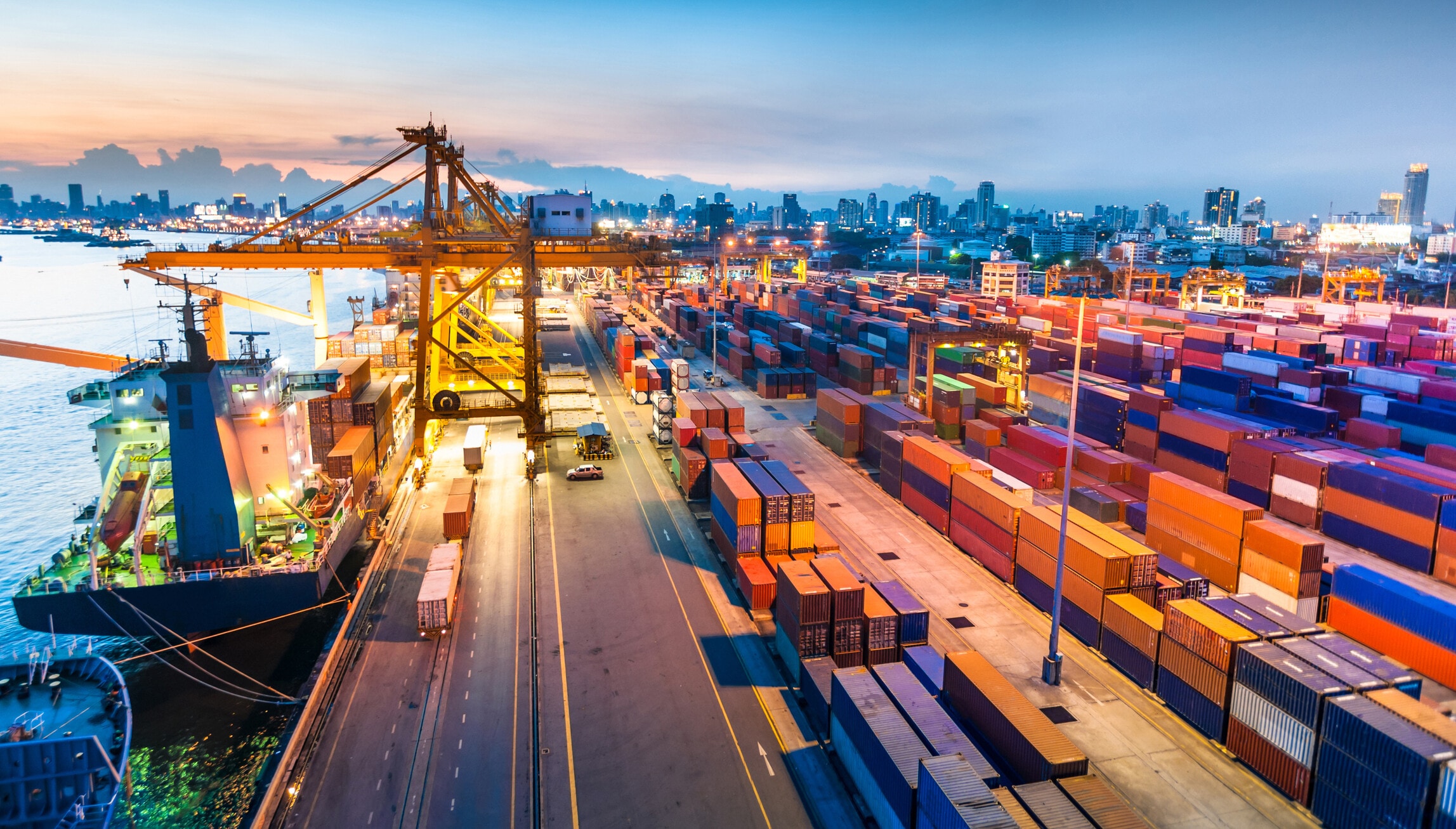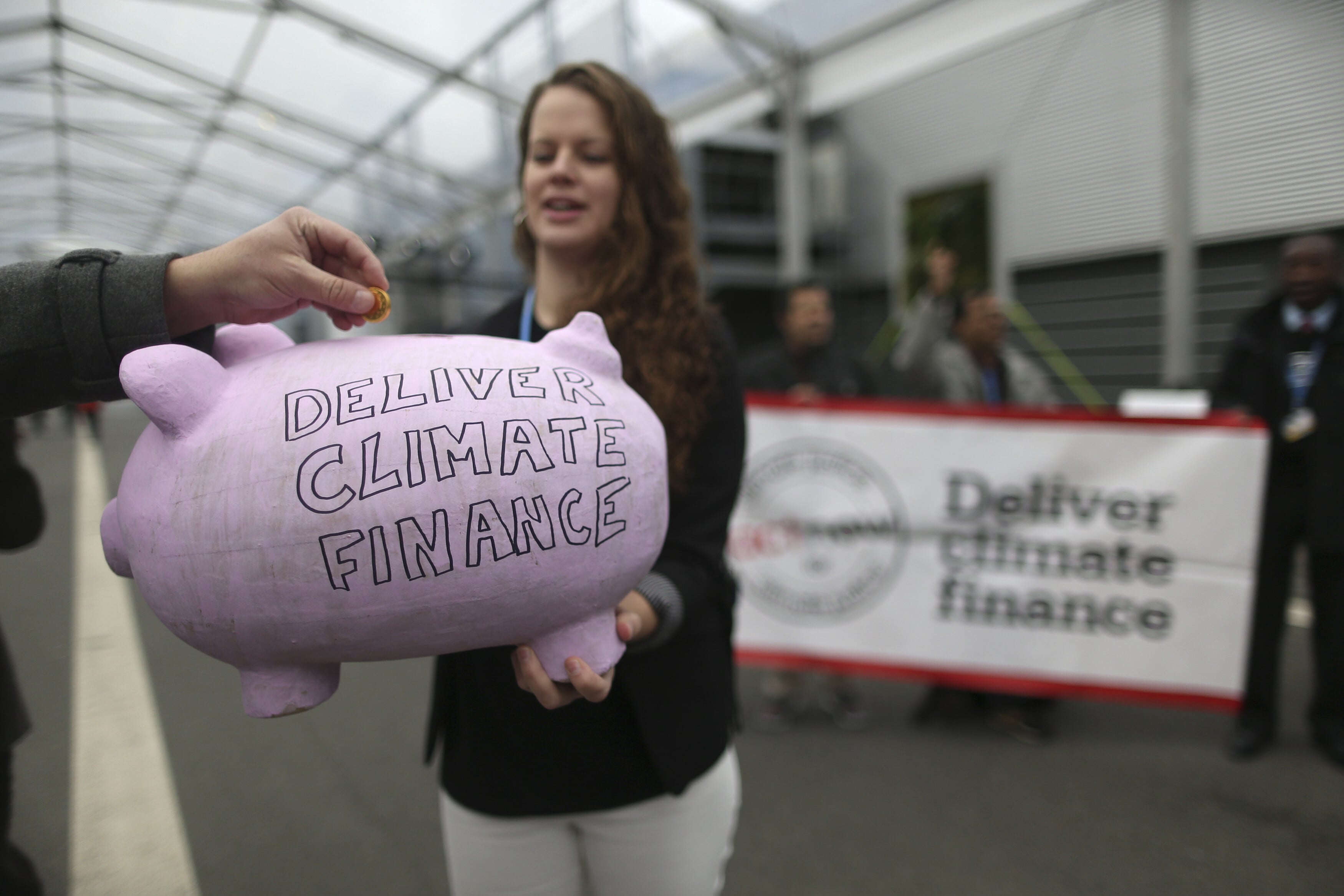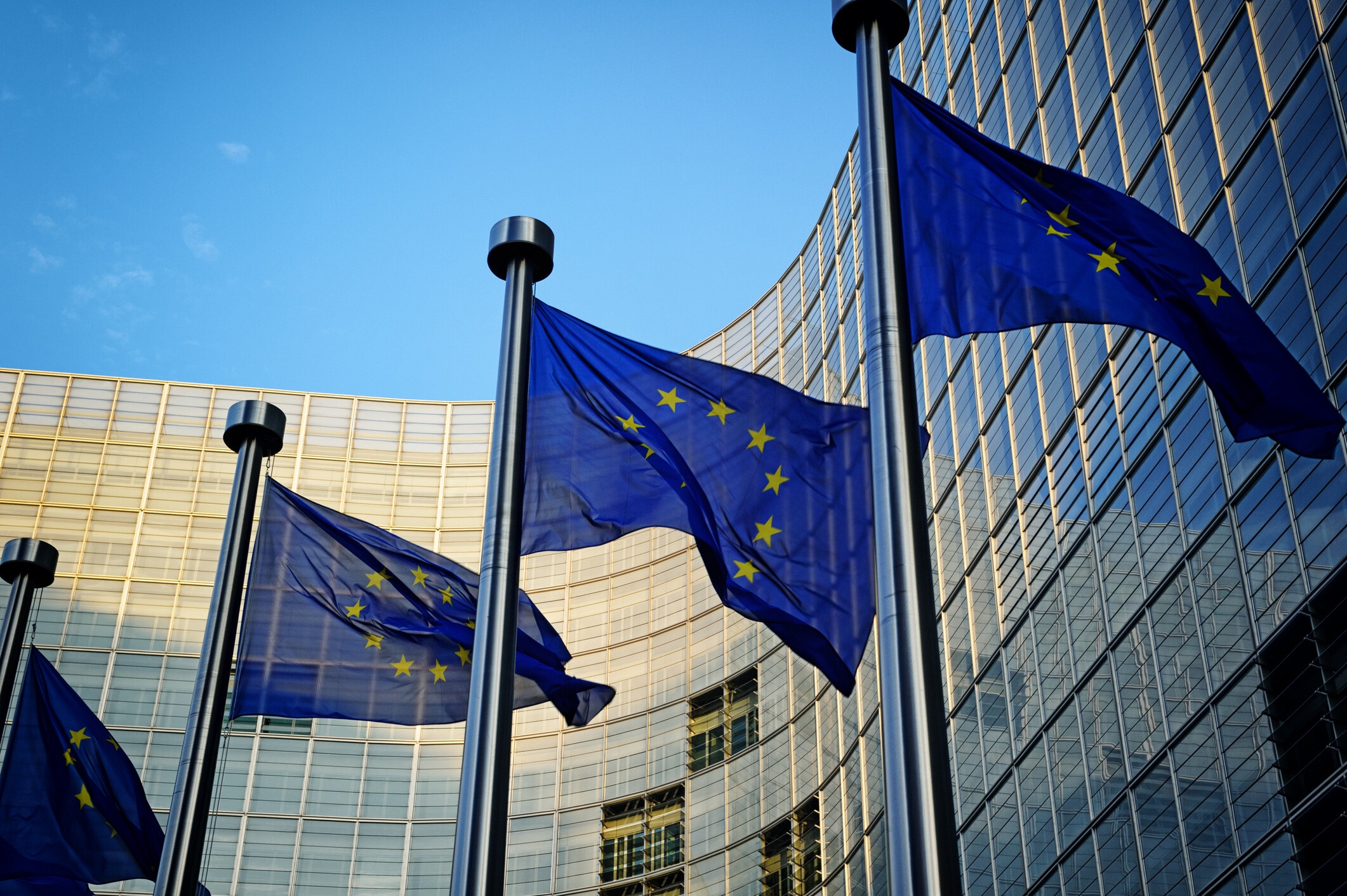Global warming: Scientists 'stunned' by how much ice we've lost
Over the past 40 years, temperatures have risen by one degree Celsius every decade.
Image: Unsplash/Torsten Dederichs
Stay up to date:
Arctic
- The Arctic sea ice is melting at a rate far faster than almost all climate models predicted.
- In fact, only models based on the worst-case scenario come close to what temperature measurements show over the past 40 years.
- More research is needed to simulate and predict sea ice melt.
Temperatures in the Arctic Ocean between Canada, Russia, and Europe are warming faster than climate models have been able to predict, according to a new study that shows Arctic sea ice is melting more quickly than once assumed.
The researchers found that, over the past 40 years, temperatures have risen by one degree Celsius (1.8 degrees F) every decade, and even more so over the Barents Sea and around Norway’s Svalbard archipelago, where they have increased by 1.5 degrees C (2.7 degrees F) per decade throughout the period.
“Our analyses of Arctic Ocean conditions demonstrate that we have been clearly underestimating the rate of temperature increases in the atmosphere nearest to the sea level, which has ultimately caused sea ice to disappear faster than we had anticipated,” says researcher Jens Hesselbjerg Christensen, a professor at the University of Copenhagen’s Niels Bohr Institutet (NBI) and coauthor of the study in Nature Climate Change.
Researchers compared current temperature changes in the Arctic with climate fluctuations that we know from, for example, Greenland during the ice age between 120,000–11,000 years ago.
“The abrupt rise in temperature now being experienced in the Arctic has only been observed during the last ice age. During that time, analyses of ice cores revealed that temperatures over the Greenland Ice Sheet increased several times, between 10 to 12 degrees [18 to 21.6 degrees F], over a 40 to 100-year period,” says Christensen.
He emphasizes that scientists have yet to realize the significance of the steep rise in temperature and that an increased focus on the Arctic and reduced global warming, more generally, are musts.
Until now, climate models predicted that Arctic temperatures would increase slowly and in a stable manner. However, the researchers’ analysis demonstrates that these changes are moving along at a much faster pace than expected.
“We have looked at the climate models analyzed and assessed by the UN Climate Panel. Only those models based on the worst-case scenario, with the highest carbon dioxide emissions, come close to what our temperature measurements show over the past 40 years, from 1979 to today,” Christensen says.
In the future, there ought to be more of a focus on being able to simulate the impact of abrupt climate change on the Arctic. Doing so will allow us to create better models that can accurately predict temperature increases.
“Changes are occurring so rapidly during the summer months that sea ice is likely to disappear faster than most climate models have ever predicted. We must continue to closely monitor temperature changes and incorporate the right climate processes into these models,” says Hesselbjerg Christensen.
“Thus, successfully implementing the necessary reductions in greenhouse gas emissions to meet the Paris Agreement is essential in order to ensure a sea-ice packed Arctic year-round.”
Additional coauthors are from the University of Bergen, the University of Oslo, the Danish Metrological Institute, and Australian National University.
Accept our marketing cookies to access this content.
These cookies are currently disabled in your browser.
Accept our marketing cookies to access this content.
These cookies are currently disabled in your browser.
Don't miss any update on this topic
Create a free account and access your personalized content collection with our latest publications and analyses.
License and Republishing
World Economic Forum articles may be republished in accordance with the Creative Commons Attribution-NonCommercial-NoDerivatives 4.0 International Public License, and in accordance with our Terms of Use.
The views expressed in this article are those of the author alone and not the World Economic Forum.
Forum Stories newsletter
Bringing you weekly curated insights and analysis on the global issues that matter.
More on Climate ActionSee all
Tom Crowfoot
July 30, 2025
Wee Kean Fong and Yvonne Zhou
July 29, 2025
Pranidhi Sawhney and Adam Skali
July 29, 2025
David Carlin and Sourajit Aiyer
July 28, 2025
Nasim Pour, Sebastien Cross and Joel Gould
July 28, 2025
Michael Wang
July 28, 2025





